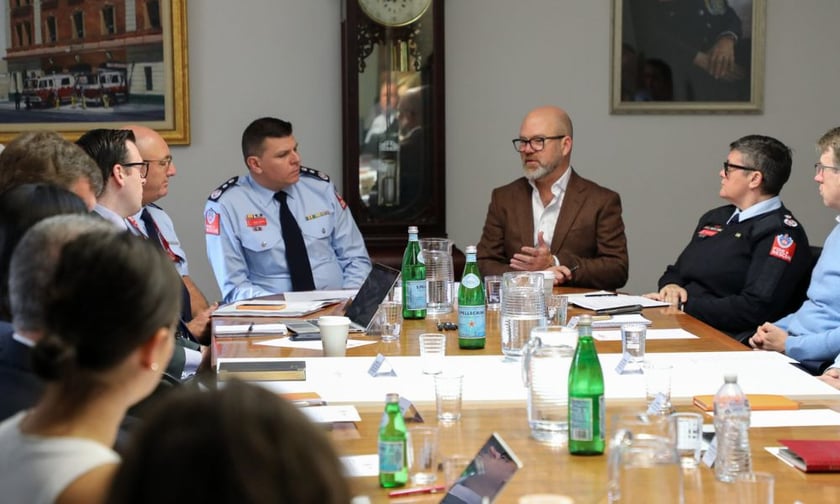

The Insurance Council of Australia (ICA) and Fire and Rescue NSW (FRNSW) have renewed their longstanding partnership, with the two organisations set to collaborate on enhancing fire safety initiatives across New South Wales.
This renewed alliance was formalised during the inaugural Insurance Industry Forum held at the City of Sydney Fire Station, where representatives discussed recent research and strategies for mitigating fire risks.
The partnership continues a relationship between the insurance industry and firefighting services in NSW that dates back to the establishment of the state’s first fire brigades in 1836.
A major focus of the forum was the NSW government’s recent announcement of new regulations targeting lithium-ion batteries in personal mobility devices such as e-scooters and e-bikes.
Both FRNSW and the ICA acknowledged the rise in fires linked to these batteries and agreed to prioritise this issue in upcoming discussions.
FRNSW Commissioner Jeremy Fewtrell emphasised the importance of addressing the safety challenges posed by new technologies.
“This partnership with the ICA is not just a continuation of our current efforts, but a rekindling of a collaboration that dates back to the very origins of firefighting in New South Wales,” he said. “We’re really keen to leverage the combined expertise of both organisations, especially when it comes to building a shared view of current and emerging fire risk and uplifting community education to minimise this risk to better protect people and their assets.
“This partnership, which establishes a foundation for future initiatives between FRNSW and ICA, will effectively protect lives, property, and the environment.”
“Insurance companies not only play a critical role in understanding the risk factors policyholders face; they also are integral to helping communities recover from fire-related incidents,” said ICA CEO Andrew Hall. “As insurers, we have access to data about how fires start and what the causes are, and this partnership aims to help us better understand how we can utilise this data to drive improved community safety outcomes. This includes new and emerging technologies, such as personal mobility products powered by lithium-ion batteries.”
He noted the increasing incidents of fires caused by lithium-ion batteries and stressed the need for modern, data-driven solutions to address these emerging risks.
“We’re seeing a growing number of fires from lithium-ion batteries, which is a real concern,” he said. “Our communities are facing modern fire risks, and this partnership will uncover modern solutions.”
The collaboration is expected to yield further initiatives aimed at reducing fire-related injuries and fatalities.
“We are committed to reducing fire related injury and fatality. Together, we are stronger and more capable of facing the challenges ahead,” Hall said. “Because insurers price risk, we can work directly with customers – homeowners, strata committee, and businesses – to start highlighting best risk management practices for LI batteries and recharging of EVs. If we can work in lock-step with authorities like FRNSW, this will be an important step forward to ensuring we have a safer community.”
Last month, a group of Australian insurance experts – led by the ICA and the American Chamber of Commerce in Australia (AmCham) – went to the US to discuss disaster management, climate risk, and clean energy. The meeting brought together insurance industry leaders, catastrophe management experts, climate scientists, government agencies, and elected representatives from both regions to develop a collaborative blueprint.
